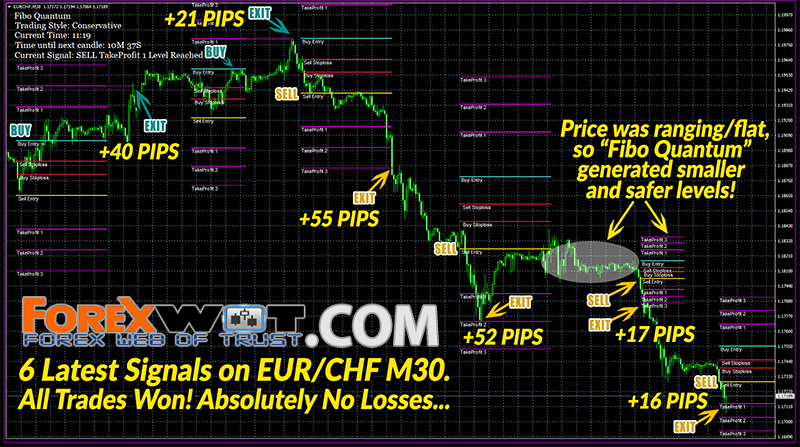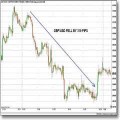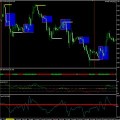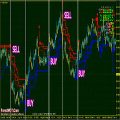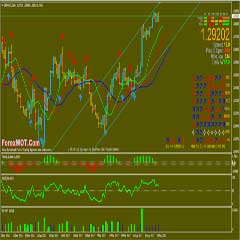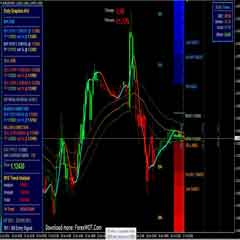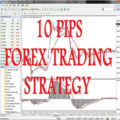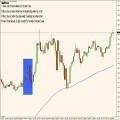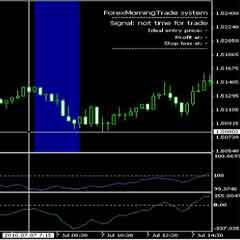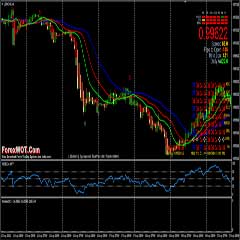There is no difference in the trading, there’s a difference in the assets. Forex is currency trading and Future is indices/commodities trading. Usually each pip/point have different value between different assets.
What is the ‘Futures Trading’
Future trading or future exchange is simply a financial exchange where people trade standardized futures contracts. Such contracts oblige the buyer or the seller of an asset to purchase or sell, respectively, at a predetermined forthcoming date and price.
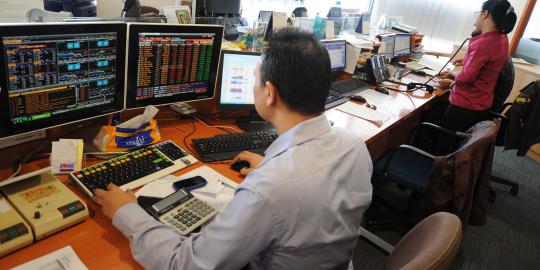
A futures market is an auction market in which participants buy and sell commodity and futures contracts for delivery on a specified future date.
Examples of futures markets are the New York Mercantile Exchange, the Kansas City Board of Trade, the Chicago Mercantile Exchange, the Chicago Board of Options Exchange and the Minneapolis Grain Exchange. Originally, trading was carried on through open yelling and hand signals in a trading pit, though in the 21st century, like most other markets, futures exchanges are mostly electronic.
What is the ‘Forex Trading’
Foreign exchange is the act of changing one country’s currency into another’s for tourism, commerce or other reasons. As businesses continue to expand to markets all over the globe, the need to complete transactions in other countries’ currencies is only going to grow.
Fluctuations in currency value expose businesses to risk when they have to buy goods or services beyond their borders. Forex markets provide a way to hedge that risk by fixing a rate at which the transaction can be completed in the future. Investors can also buy or sell one currency against another in the hopes that currency will gain or drop in strength and result in a profit. That’s called speculating.
Forex Interbank Market
The interbank market includes banks from around the world that trade among each other. Supply and demand sets the prices in the market. Since between $2 trillion and $3 trillion in various currencies trade every day, no single central bank can move the market for any length of time without the help of other central banks.
The pros of forex trading include the ease of entering and exiting trades in most major currencies; traders can use leverage to control large positions with little of their own money; forex markets are open around the clock; and since it’s a macroeconomic endeavor, trading currencies does not require understanding the nuances of microeconomic factors.
Traders should view forex trading as a chance to diversify. They can approach it as an active trader’s opportunity to earn more spread, or as leveraged trading where it’s easier to work with a small amount of money than what’s needed in the stock market.
Forex traders should know how to time their trades with charts, and they should avoid impulsive behavior through the use of common sense.
NOTE:
- Forex is the most liquid market in the world, trading trillions daily. Futures only reaches billions per day.
- Forex is the trading of currencies, while Futures is the trading of futures contracts of commodity and assets.
- Forex trading can be achieved ‘over-the-counter’, while Futures is traded on an exchange with central counter party clearing.
- Forex is seemingly a 24/7 open market, and it is also instant. Futures is not as easy to access.
- Futures trading may have commissions, unlike Forex trading.
- Futures provide less certain prices, while Forex is often certain, and on the spot.
- Futures do not provide as much advantage to small traders, as in the case of Forex.

